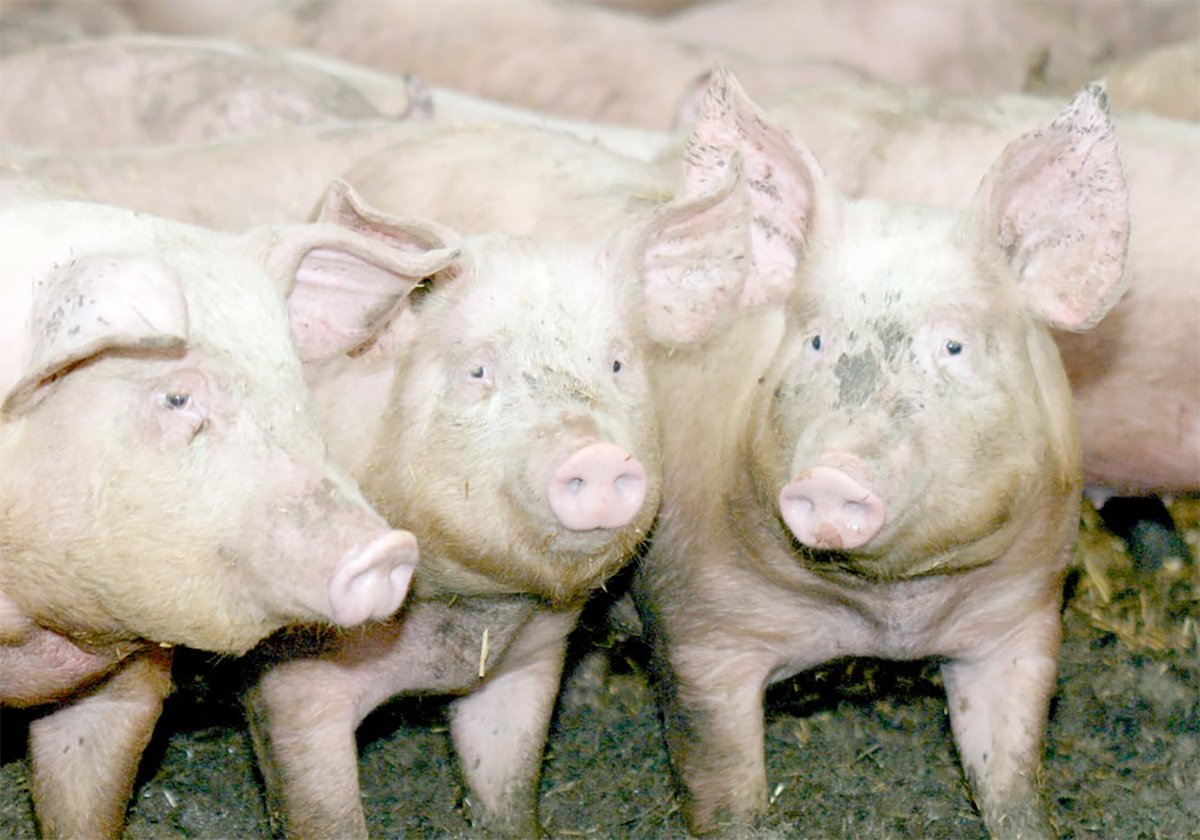CALGARY — A Wagyu cow isn’t what most North American cattlemen are used to seeing roaming the range.
These Japanese cattle have been in Canada for two years. Following the formation of the Canadian Wagyu Association, enough stock has been grown to put on a consignment sale of purebred, percentage and feeder animals at Calgary April 16. All the animals offered for sale traced back to four sires imported from Japan to the United States in the mid-Seventies.
To build up herds here, the bulls’ semen was collected and embryos were flushed from Wagyu cows to breed up North American animals to purebred status.
Read Also

The Western Producer Livestock Report – November 13, 2025
Western Producer Livestock Report for November 13, 2025. See U.S. & Canadian hog prices, Canadian bison & lamb market data and sales insights.
The top-selling bull born in 1990 went for $25,500 to Phantom Creek Ranch. He was consigned by Westminster Wagyu at Lloydminster, where he recently completed quarantine for Europe, so his semen can be collected for this market. Named “Sato” he is a 31/32 purebred.
The high-selling female was a yearling heifer entered by Hammond Ranches of Silverton, Ore. She earned $14,000 and is considered a good embryo donor prospect for her buyer, Adams Wagyu of Edmonton.
The 101 lots of Wagyu-bred stock on the block sold for a total of $309,250. The average was $3,062. The 21 purebred lots drew the highest average at $8,433. An average price of $2,445 was paid for 29 percentage animals and 51 commercial lots averaged $1,201. The highest money in the commercial section was bid on four commercial cows with first-generation Wagyu calves at foot. They earned an average of $2,725.
WP photo by Barbara Duckworth
Smaller-framed and slower growing than Canadian stock, Wagyu cattle have the genetic ability to deposit high proportions of marbling in muscle tissue, a quality desired in Japan.















